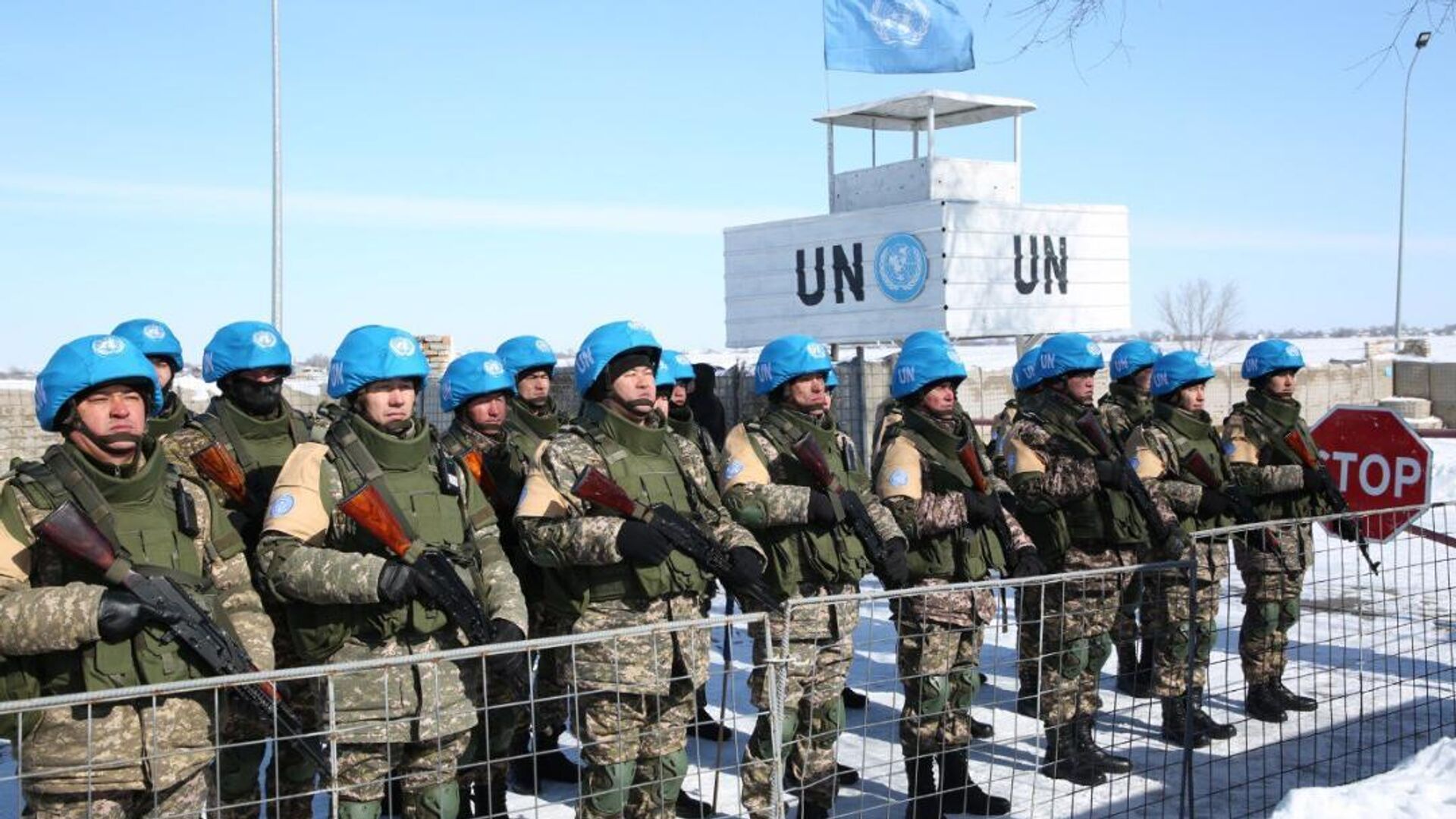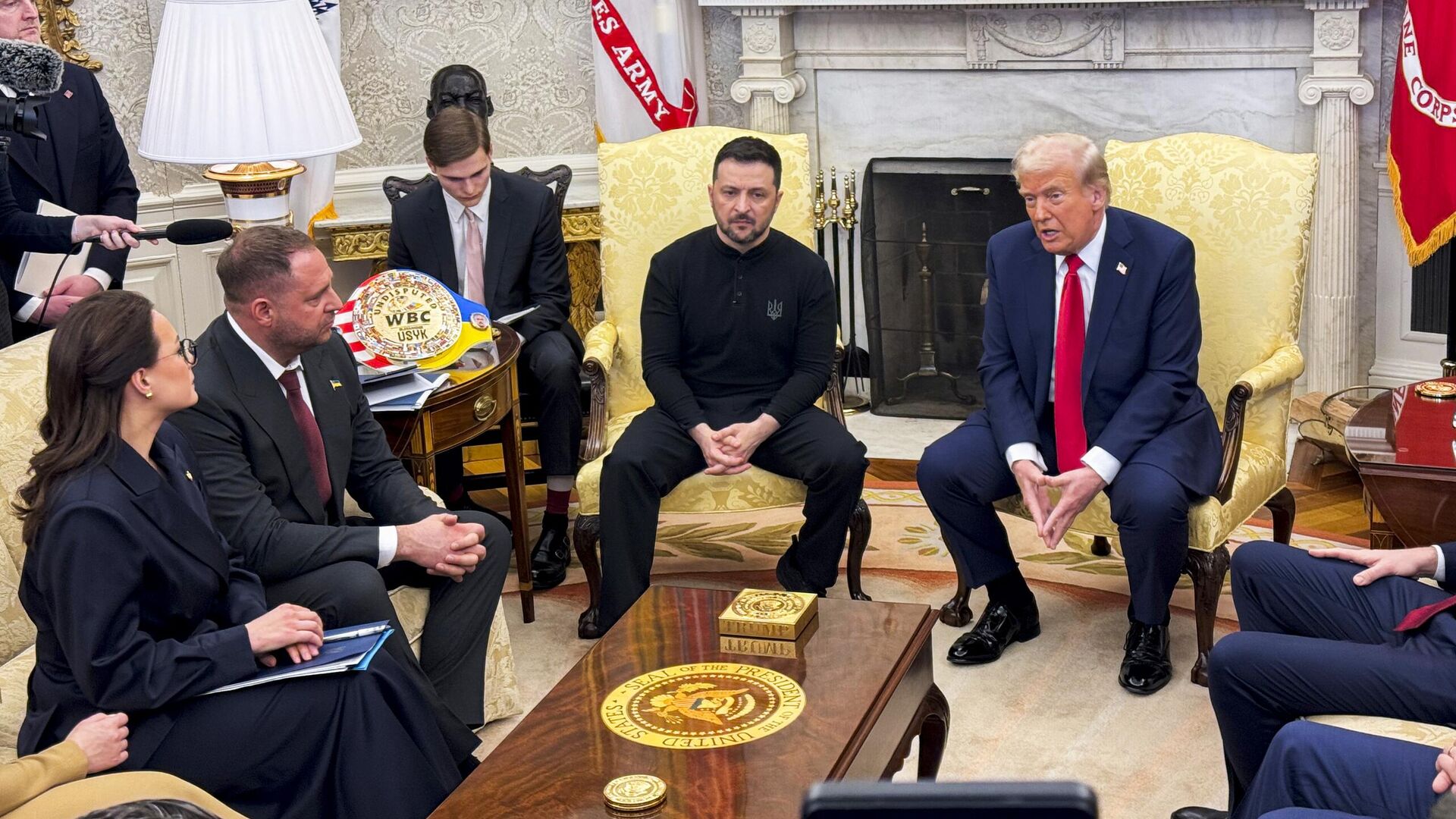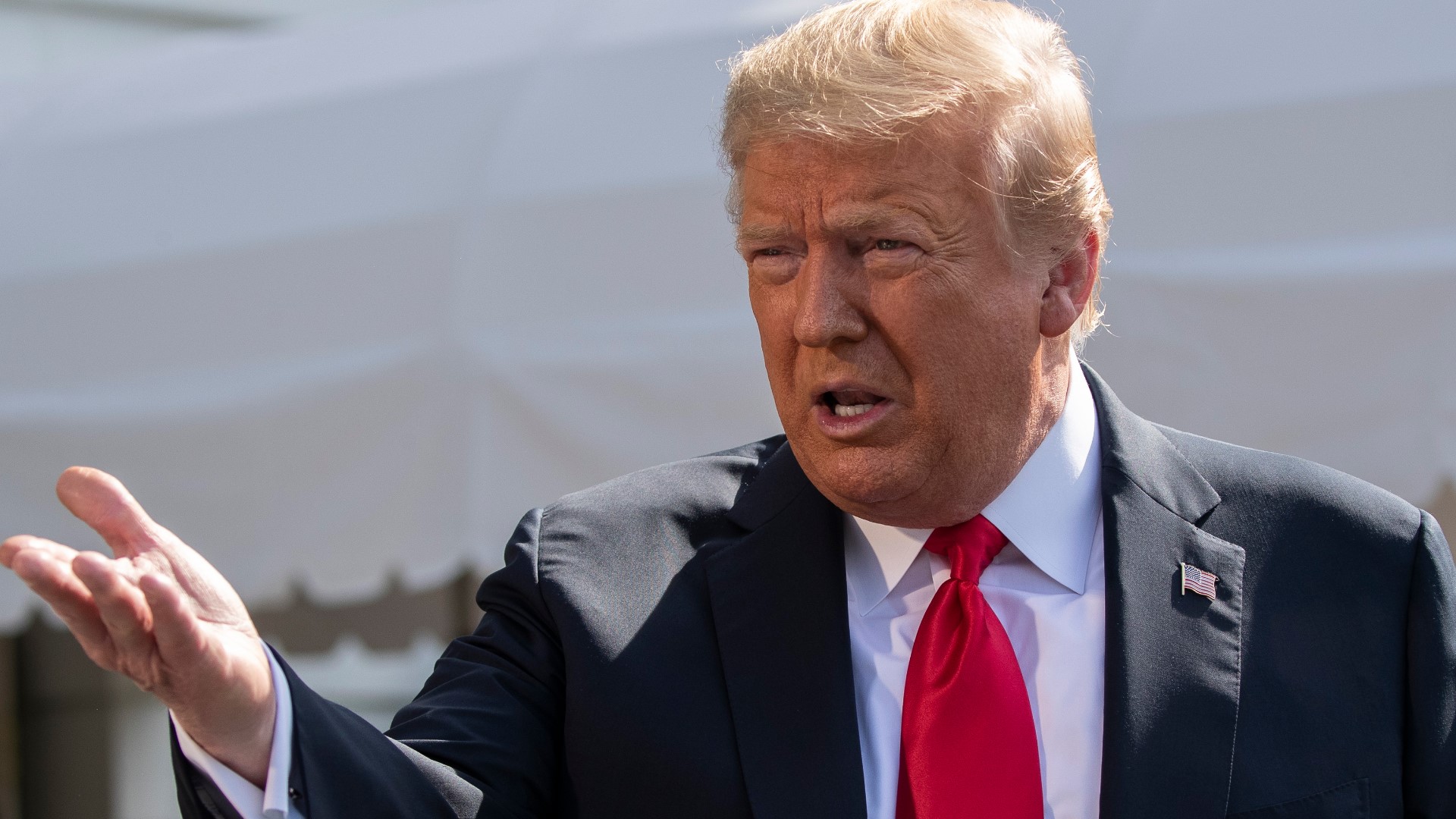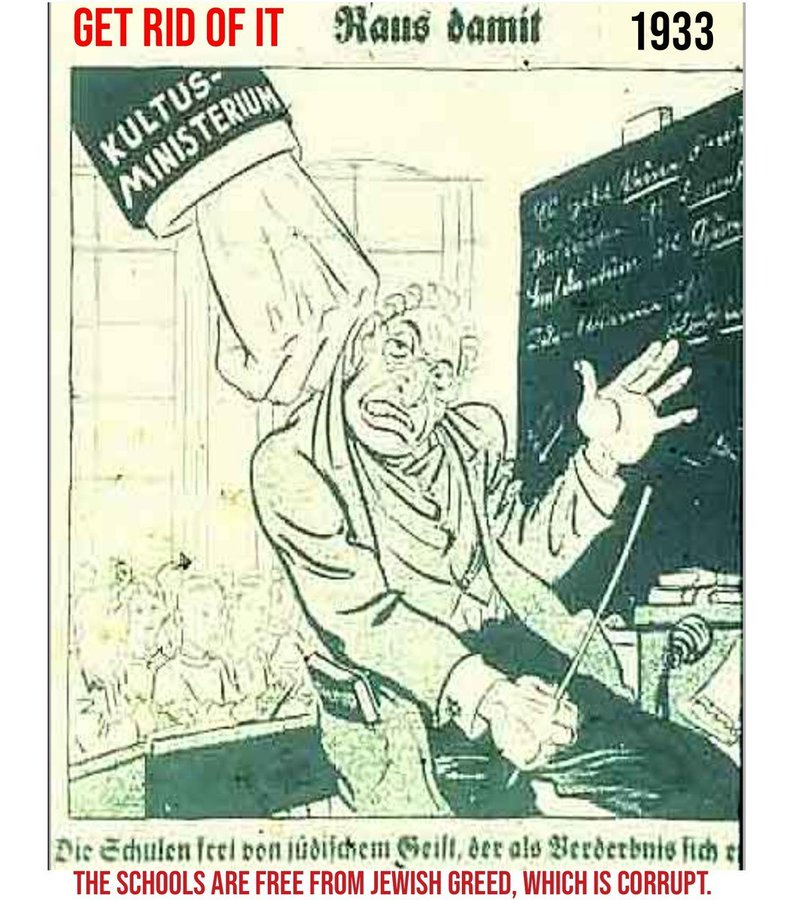Justin Trudeau Steps Down After 10 Years in Power
Canadian Prime Minister Justin Trudeau has announced his resignation and will also step down as leader of the Liberal Party. He will remain in office as interim prime minister until a new leader is elected.
Reasons for the Decision
Trudeau has not disclosed specific reasons for his resignation, but experts suggest several factors:
- Declining popularity. The Liberal Party has faced decreasing support due to economic challenges and rising inflation.
- Political fatigue. After 10 years in power, Trudeau has faced criticism, including from within his own party.
- Call for renewal. Many Canadians are demanding new leaders and ideas to address the nation’s pressing issues.
Political Legacy
Justin Trudeau, who became prime minister in 2015, has left a significant mark on Canadian politics. His accomplishments include:
- Legalization of marijuana. Canada became one of the first countries to do so at the federal level.
- Focus on climate action. Introducing a carbon tax and investing in green energy.
- Advancing minority rights. Supporting LGBTQ+ communities and efforts toward reconciliation with Indigenous peoples.
However, his tenure was not without controversy, including accusations of ethical violations and criticisms of his economic policies.
The Future of the Liberal Party
The Liberal Party now faces the challenge of selecting a new leader capable of regaining voter confidence. Analysts predict difficulties for the party, particularly with the rising popularity of the Conservative Party.
Conclusion
Justin Trudeau’s resignation marks the end of an era in Canadian politics. His departure paves the way for new leadership and ideas but also leaves uncertainty about the country’s future.
The editorial board is not responsible for the content and accuracy of material taken, sent or obtained from other sources. The publication of such materials is for informational purposes only and does not imply automatic endorsement or approval of their content.



:focal(0.49:0.37):format(webp)/YXJ0aWNsZXMvaW1hZ2UvMjAyNS80LzIwMjIxMjAzLWdhZi11NTUtNzkwLmpwZw.webp?w=1920)





















